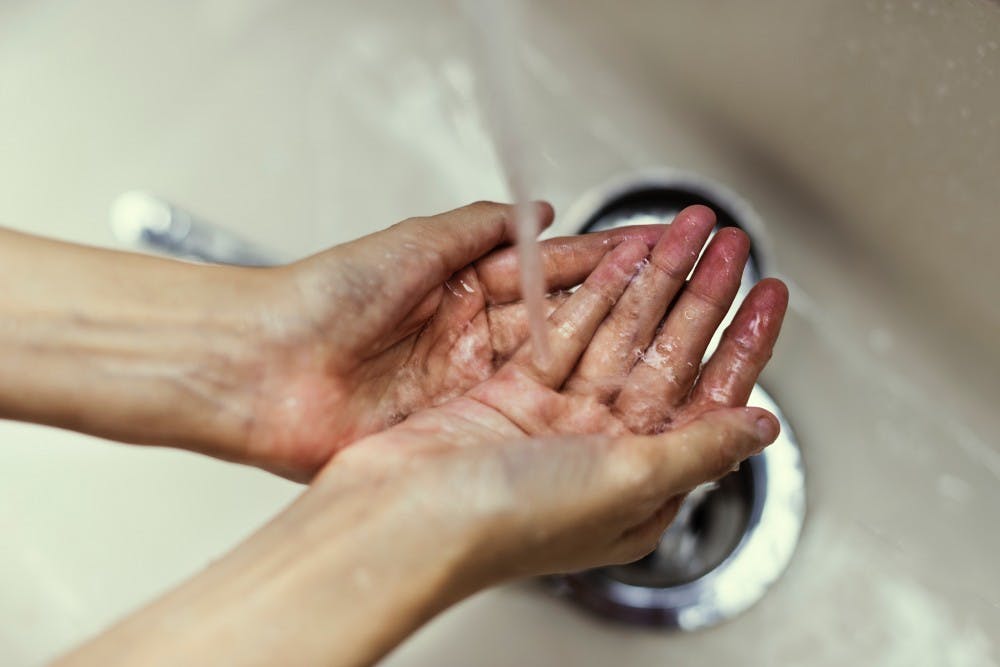During the winter season, it can be common to experience sore throats and runny noses, but here are some tips to help keep colds at bay during this time of year.
Both Katilya Ware, assistant professor in the department of nursing, and Brooke Bailey, director of infection prevention at East Alabama Medical Center, said hand washing is an effective way to help prevent the common cold.
Bailey said avoiding touching around the eyes or mouth and abiding by cough etiquette is important.
Ware clarified that coughing etiquette is to cough into the elbow instead of a hand to help stop the spread of germs to other people.
If at all possible, try to stay away from people who are sick, Bailey said.
Bailey said to be mindful in public places, and make sure to wash your hands after being around germ-heavy areas.
As far as what places are germ-heavy, both Ware and Bailey said doorknobs are a big one of which to be aware.
Bailey said grocery carts, remotes or any surface area touched by multiple people should also be avoided if possible.
For students, Ware said the surface of your desk is also a big, germ-infested area.
One myth surrounding catching the common cold is that cold weather can cause someone to get the cold. Ware denied this and said it is just as common to catch colds around winter as in springtime.
The cold is a virus and is often already in someone’s system before they start showing symptoms.
“Technically, the common cold is a virus, and a virus has to run its course,” Ware said. “There are no antibiotics available to treat the common cold.”
Bailey said since the virus cannot be cured with medications, their purpose is to ease symptoms.
When trying to figure out what medicine to take, sometimes looking up the ingredients and what they treat can give a clearer answer, Ware said. This can be more effective than just reading the symptoms on the box.
Ware’s recommendation for non-medication methods to relieve cold symptoms include throat lozenges and warm saltwater gargles.
“Increase your fluid intake,” Ware said. “Always when you get the common cold you want to increase your fluid intake to make sure you’re getting adequate hydration.”
Bailey agreed with this recommendation, stating that drinking fluids and resting will help fight a cold.
“The common cold does mirror influenza,” Ware said. “The big thing there is knowing the difference between the common cold and the flu.”
Because of this, Bailey advocated the importance of getting a flu shot to help reduce the risk of getting that illness.
Both Bailey and Ware agreed if a fever arises, there is a possibility of it being the flu, and they both recommended seeking medical attention.
Ware said another reason to check with a doctor is the possibility for infection.
The cold generally does not extend past ten days, Ware said, so if there are still symptoms, that is another sign to check with a doctor.
Do you like this story? The Plainsman doesn't accept money from tuition or student fees, and we don't charge a subscription fee. But you can donate to support The Plainsman.

Abigail Murphy, senior in journalism with minors in history and women and gender studies, is the operations managing editor at The Auburn Plainsman.





